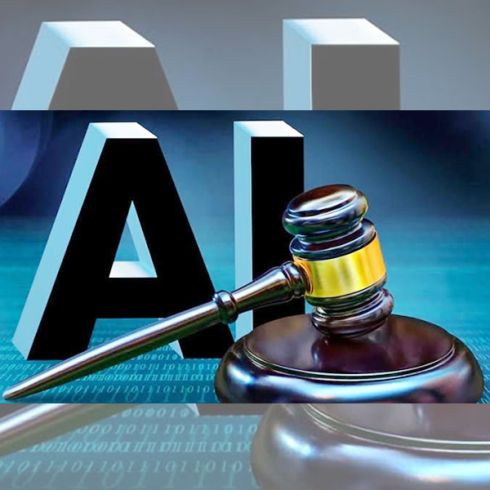
MUMBAI: Two AI startups, Suno and Udio, are facing lawsuits from some of the biggest names in the music industry. The allegations state that these companies have engaged in copyright infringement on an "almost unimaginable scale" by creating AI tools that can generate music tracks from user prompts within seconds.
The Plaintiffs and the Lawsuits
The plaintiffs, which include Sony Music, Universal Music Group, Atlantic Records, Warner Bros, and Capitol Records, among others, have filed separate complaints against Suno and Udio in federal courts in New York and Massachusetts. Announced by the Recording Industry Association of America (RIAA) on Monday, June 24, the lawsuits seek $150,000 (Rs 1,25,00,000) in compensation for each track allegedly infringed upon by the AI startups. This legal action represents the music publishers' most direct challenge yet against AI models used to generate music. In a similar case in 2023, Universal sued Amazon-backed Anthropic for allegedly using copyrighted lyrics to train its chatbot, Claude.
Allegations of Copyright Infringement
The lawsuits claim that Suno and Udio scraped digital sources to copy and download a massive number of sound recordings, including copyrighted ones. These recordings were then included in the training datasets for their generative AI models. To confirm the AI-generated outputs were derived from copyrighted recordings, the lawsuits detail a test where specific prompts caused the AI tools to produce music files strongly resembling copyrighted tracks. The lawsuits also allege that the AI models experienced "overfitting," meaning they were too closely adapted to the training data, hindering their ability to generalize to new datasets. The lawsuit against Suno includes a statement from one of the startup’s early investors, who inadvertently admitted to training the model on copyrighted music. He acknowledged expecting legal action from copyright owners, describing it as "the risk we had to underwrite when we invested in the company."
Evidence Presented
The music labels have presented side-by-side comparisons of the musical scores of the original songs and the AI-generated versions. They claim they could prompt the AI models to produce outputs resembling popular songs by artists such as Mariah Carey, ABBA, and Green Day.
Responses from Suno and Udio
In response to the lawsuit, Udio stated it was "completely uninterested in reproducing content" and emphasized its commitment to refining filters to avoid reproducing copyrighted works or artists' voices. Suno's CEO, Mikey Shulman, told Wired that their technology is designed to generate entirely new outputs, not to replicate existing content, and noted that they do not allow user prompts referencing specific artists.
The Future of AI-Generated Music
The music industry’s lawsuits against AI music generators do not imply opposition to all AI-generated tracks, as they support licensed use of copyrighted music. For example, Universal Music Group, one of the plaintiffs, recently partnered with SoundLabs, a voice cloning startup. Artists and musicians are also experimenting with generative AI tools to enhance their work. Music composer AR Rahman has used generative AI to recreate the voices of deceased singers for a track in an upcoming Tamil film. Rahman believes technology should benefit humanity and not take away livelihoods, advocating for AI to be used as a tool to augment human creativity rather than replace it.